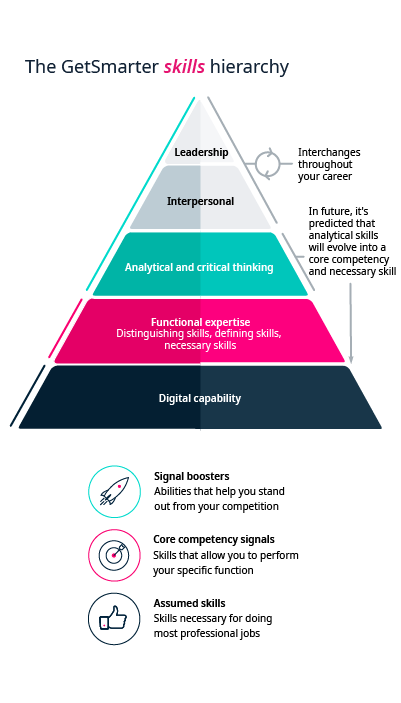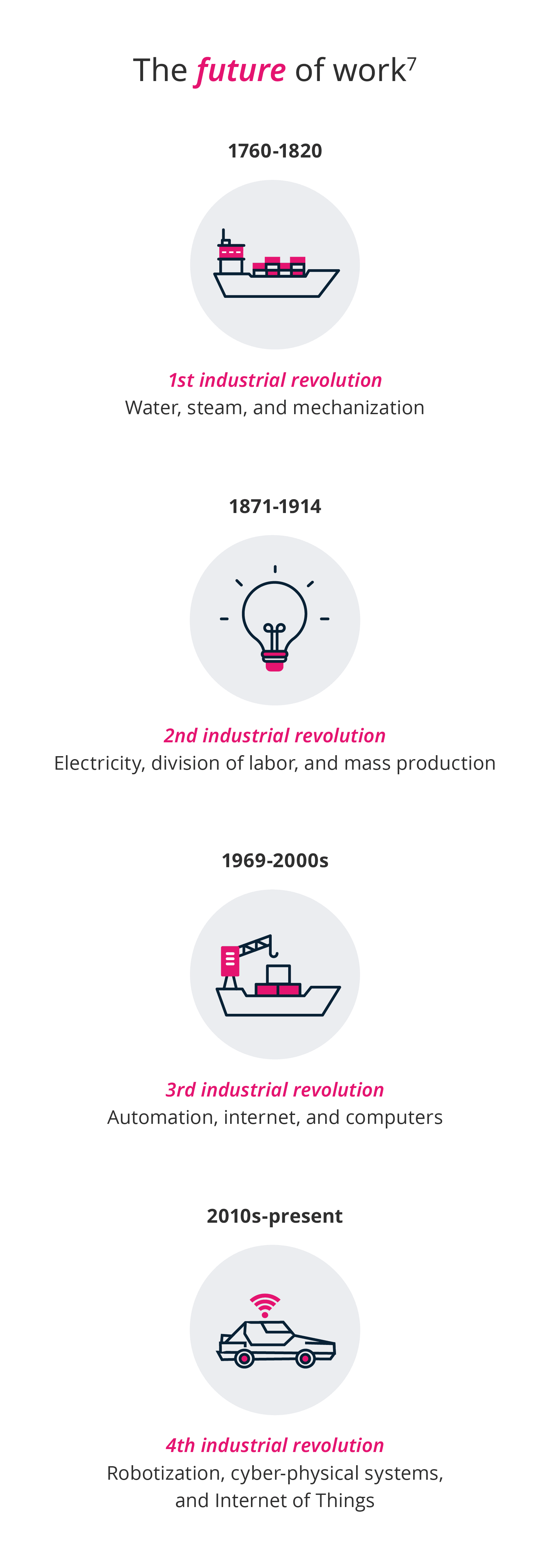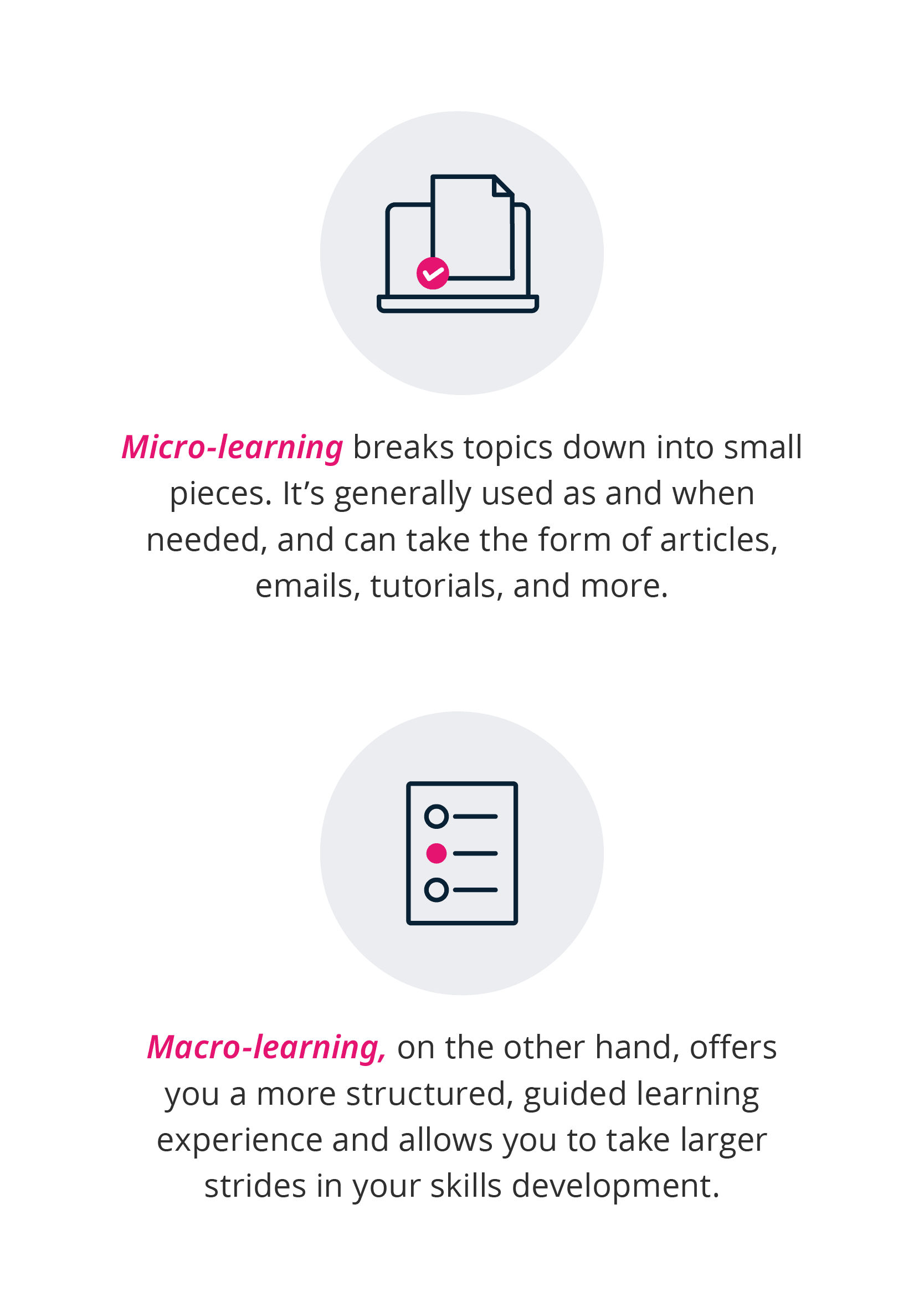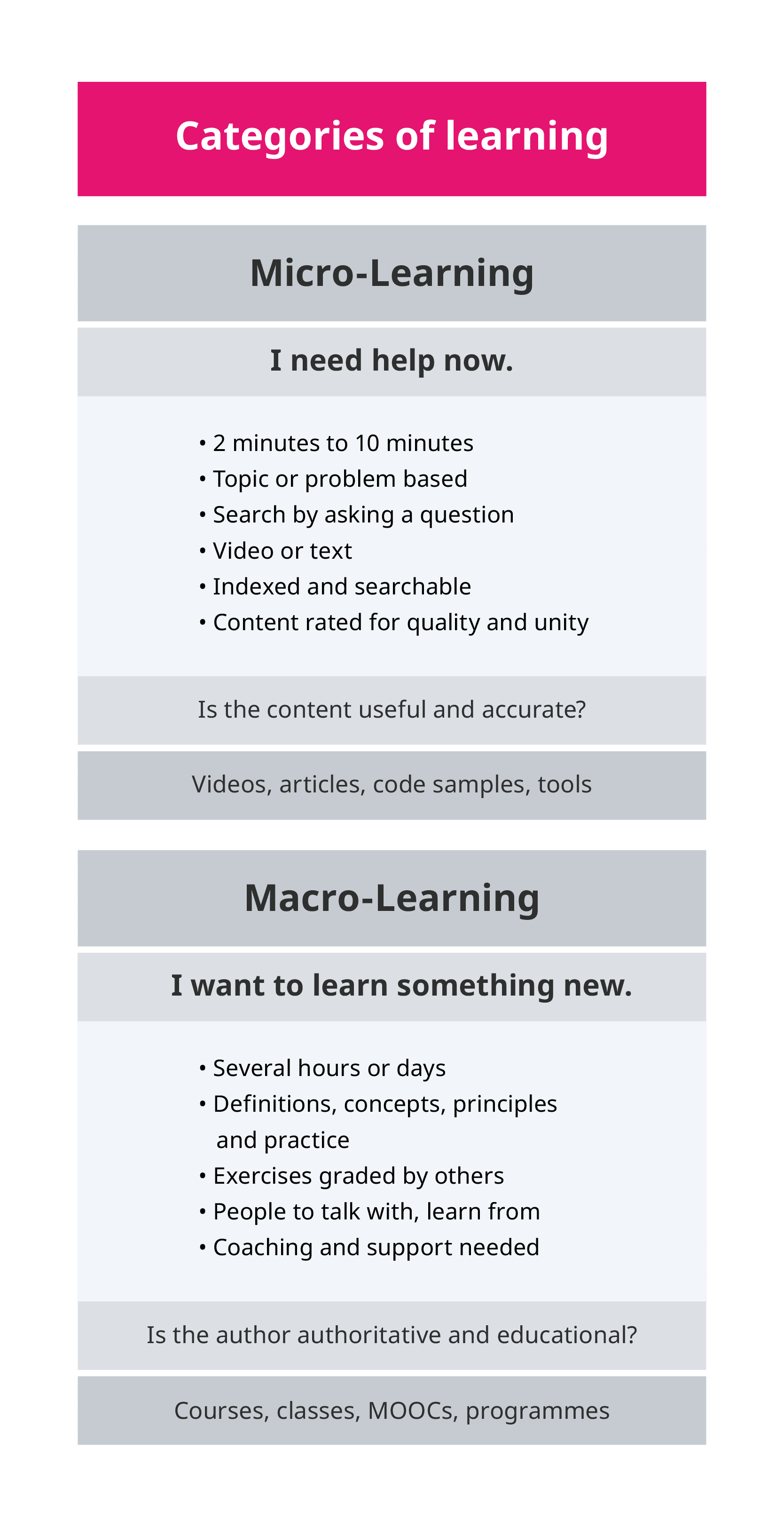The 100 Year Life – How to Prepare for the Future of Work
How would you stay relevant if you had to work well into your 70s, or even 80s? This is a question many post-millennials may eventually have to answer, and one that has huge implications for the future of work, and our place in it.
Preparing to stay relevant as you age
For many years, human life expectancy has been increasing; 20 percent of girls, and 12.5 percent of boys born in 2020 are predicted to see their 100th birthday.1 Those children, once they become adults, will have many decades ahead of them that they’ll need to work.
With improved longevity, delayed retirement is becoming a real consideration for those in the current workforce. Whether it’s through choice or financial need, new professionals are starting to leave the corporate world later than ever before. In fact, practically all Western countries are seeking to shift the age of retirement past 65 and place it more in line with our future life expectancies.2
As lives extend, and anticipated time working becomes longer, it’s important to focus on the sustainability of both careers and companies.
Tie this to how quickly the job market changes, and it re-emphasizes how critical it is to stay on the front foot with ongoing learning and re-skilling, especially when we look at the future of work. This is what you need to know as you prepare for a long and fulfilling career:
Overcome the struggle to stay relevant
As our careers could potentially reach a span of up to six decades and the nature of our work continues to change, the education we obtain in early adulthood will simply not be enough to keep us qualified and relevant over the many years that follow. According to the World Economic Forum, by 2025, half of all employees will need to be reskilled. They will need to learn technology, critical thinking, and problem-solving, among other skills.3
The GetSmarter Skills Hierarchy reveals where you should place your reskilling focus in the future. You can learn more in this article, and/or browse the full Future of Work is Here report.

This makes the concept of lifelong learning an absolute necessity if you want to not only stay relevant, but also grow in the face of disruption.
Embrace the changing nature of careers
Over the past 70 years or so, the typical employee has largely followed a traditional ‘three-stage life’ approach. You get your tertiary education. You find a job and climb the corporate ladder. You retire. This has built a comfortable and reliable path of progression and learning.
But this way of working is quickly changing. Organizations have become flatter and careers much more fluid. When you’re expecting to live for longer, the traditional life-model can transform into something far more complex, allowing you to pivot and reinvent yourself over and over again.
While in the past many professionals would choose to stick to one career path, COVID-19 has drastically changed how people view their careers. Of those in the U.S. under 40 years old, almost a third have given the idea of changing careers serious thought. And about 20 percent of workers have considered shifting professions.4 This leads to questions about future careers and preparing for change.
Prepare for the fourth industrial revolution
As technology evolves, advancement is only accelerating. Job descriptions are changing quickly as disruptive tech flips the script on what’s needed and what’s not. The rapid pace of innovation has the potential to make much current expertise outdated in only a few short years. According to IBM, the half-life of technical skills is now approximately just two and a half years.5 There’s now constant pressure to master new technologies or risk becoming obsolete.
“For many members of the world’s workforces, change can sometimes be seen as a threat, particularly when it comes to technology,” says Daphne Luchtenberg, director of reach and relevance in McKinsey’s London office. “This is often coupled with fears that automation will replace people. But a look beyond the headlines shows that the reverse is proving to be true, with Fourth Industrial Revolution (4IR) technologies driving productivity and growth across manufacturing and production[…].
“What’s more, with 4IR technologies in the hands of a workforce empowered with the skills needed to use them, an organization’s digital transformation journey can move from aspiration to reality.” 6
The future of work has changed drastically through the four revolutions we’ve experienced.

Learn new skills to become essential
It’s estimated that 45 million Americans will lose their jobs to automation by 2030. That accounts for 25 percent of the workforce. But automation is expensive; a robot is less likely to be purchased to do a job that someone can be hired for $10 an hour.8 For the jobs that can be replaced by technology, in order to stay on top of your industry, you might find yourself needing to learn new skills in order to redesign your work for the future.
Excel in hybrid professions
While the technological revolution has brought about a lot of automation, it’s also brought about opportunities for growth in the form of hybrid professions. Over the last few years, programming and data analysis have become far more accessible to less technical workers. New tools have had a democratizing effect – with technical and analytical functions no longer the exclusive domain of ‘experts’, they can be harnessed to improve the effectiveness of professionals’ work across a number of business areas. This has resulted in hybrid roles that combine technical expertise and more traditional skills such as analysis, design, project management, and marketing.9
These new positions may hold titles like ‘Experience Architect’ or ‘User Experience Designer’ and will generally require workers to gain knowledge of a technical domain, industry expertise, as well as softer skills such as problem solving. In the future of work, demand will continue to grow for these professions as they perform increasingly important functions in the digital economy.10
Explore how learning is being redesigned for work
As the modern day professional is required to develop new skills to compensate for disruption, micro-learning is no longer sufficient to keep the workforce adequately skilled. Rather, a successful career requires a combination of both continued micro-learning and macro-learning at key points throughout your development.11


As innovative technologies and teaching models have put learning at people’s fingertips, the global marketplace for education, professional skills development, and corporate training has grown by leaps and bounds. The global corporate training market is expected to generate more than $417 billion by 2027, up from nearly $333 billion in 2019. 12
This is just one indication that education and upskilling have a pivotal role in today’s fast-evolving economy. What does the future of work hold? While we can’t say for sure, in an age defined by disruption and a workforce soon to be made up of future centenarians, one thing is clear: change will be constant, and new skills and hybrid careers the norm.
No matter where you are in your journey, explore our career advice for practical steps towards building the future you want.
- 1 Davies, J. (Jan, 2022). ‘Will YOU live until you’re 100? Online calculator works out your average life expectancy and your chances of becoming a centenarian’. Retrieved from Daily Mail.
- 2 Purtill, C. (Nov, 2021). ‘As we live longer, how should life change? There is a blueprint’. Retrieved from The New York Times.
- 3 Whiting, K. (Oct, 2020). ‘These are the top 10 job skills of tomorrow – and how long it takes to learn them’. Retrieved from the World Economic Forum.
- 4 Long, H. & Clement, S. (Aug, 2021). ‘Nearly a third of U.S. workers under 40 considered changing careers during the pandemic’. Retrieved from The Washington Post.
- 5 Malik, S. (Dec, 2020). ‘Future of work: Skills transformation for the 2021 workplace’. Retrieved from IBM.
- 6 Luchtenberg, D. (Jan, 2022). ‘The Fourth Industrial Revolution will have people powered’. Retrieved from McKinsey.
- 7 Wallach, O. (Jan, 2022). ‘Industry 4.0: What manufacturing looks like in the digital era’. Retrieved from Visual Capitalist.
- 8 Carey, K. (Mar, 2021). ‘Do not be alarmed by wild predictions of robots taking everyone’s jobs’. Retrieved from Slate.
- 9 (Mar, 2020). ‘Hybrid jobs: A 4-minute primer on fast-growing, lucrative career paths’. Retrieved from edX.
- 10 White, C. (Aug, 2021). ‘Digital transformation (DX): What it is and how to do it well’. Retrieved from CareerFoundry.
- 11 (Jan, 2022). ‘Microlearning’. Retrieved from Valamis.
- 12 (Feb, 2021). ‘Global corporate training market to garner $417.21 billion by 2027: AMR’. Retrieved from GlobalNewswire.